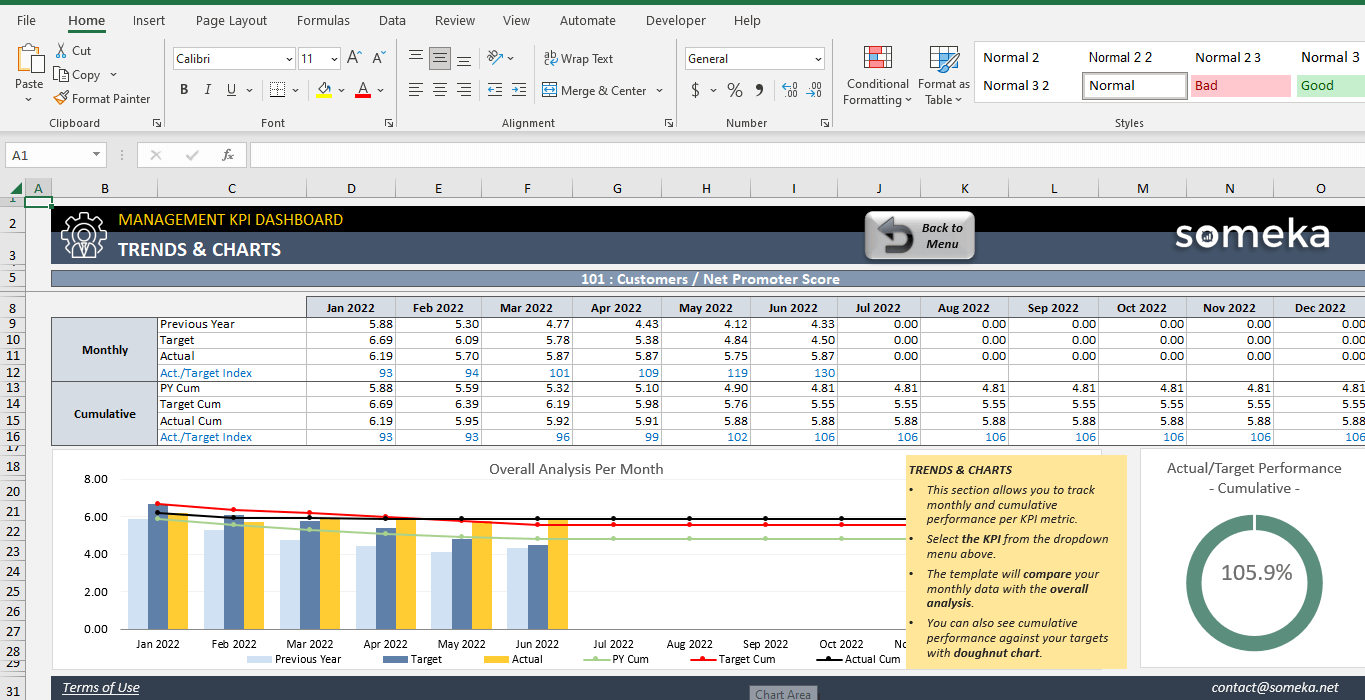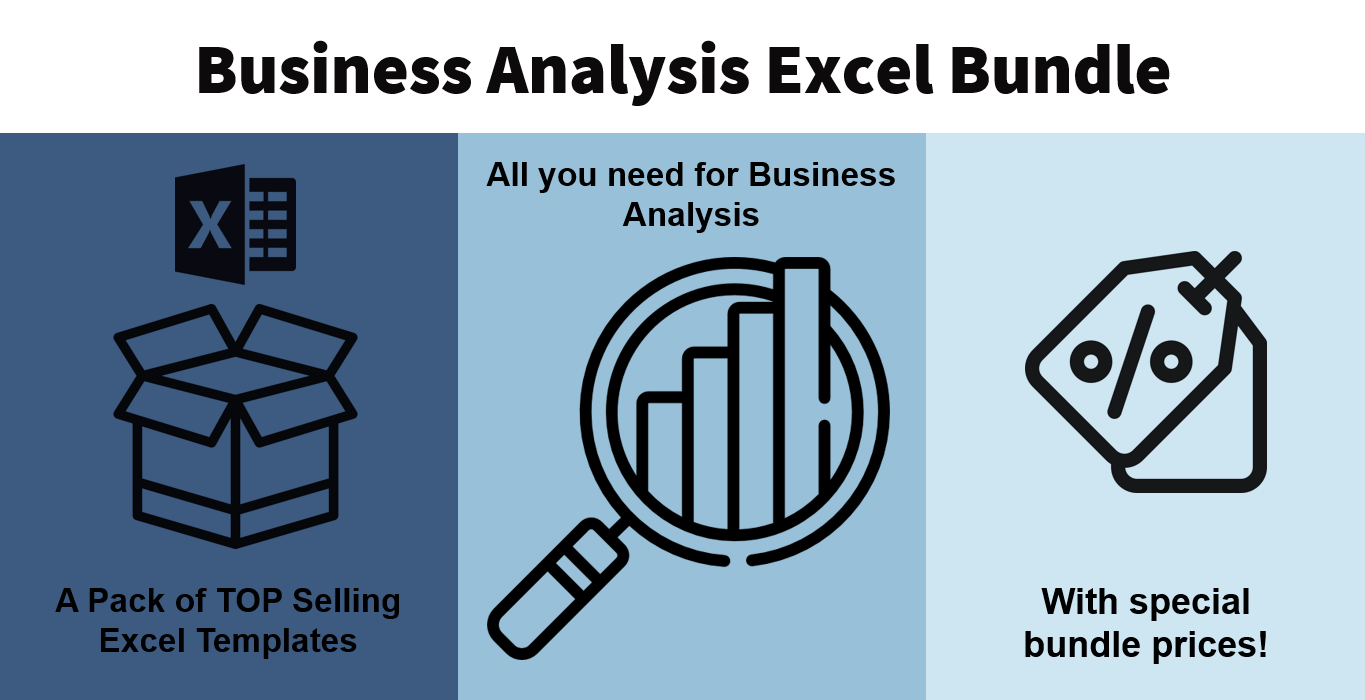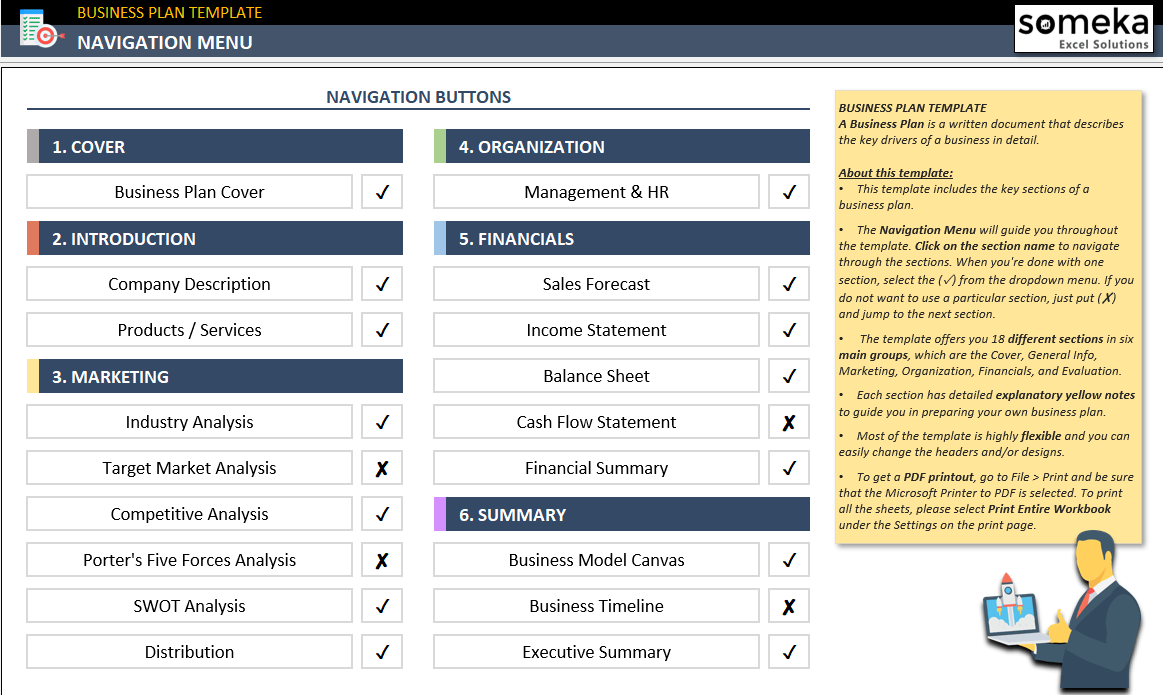
What Must An Entrepreneur Do After Creating a Business Plan?
A business plan is only the first step towards creating a profitable business. So, entrepreneurs may put their businesses up for long-term success by focusing on legal requirements, finance and accounting, team building, branding, marketing techniques, and networking. However, this post will inform you about what must an entrepreneur do after creating a business plan.
That is how you should approach this situation. Because creating a business plan is just the beginning for an entrepreneur. Also, we set out to answer the question, “What Must an Entrepreneur Do After Creating a Business Plan?”
Once an entrepreneur has developed a business plan, they must take several crucial steps to set their business in motion. Also, this article outlines the key areas an entrepreneur should focus on after creating a business plan.
These concepts are titled Legal Requirements, Finance and Accounting, Creating the Team, Branding, Marketing Strategies, and Networking. So, this blog post goes through all of the specifics of the business strategy.
Table of Contents
What Should An Entrepreneur Do After the Business Plan? – Step-by-Step Summary
What’s the Next Step After Creating a Business Plan?
1. Legal Requirements – First steps after creating a business plan that an entrepreneur must do
It is critical to consider the legal requirements that come with beginning a business.
Besides the legal issues related to your foundation, copy rights, licensing, etc, you will have to deal with taxes and social security payments of your employees. Especially if you are managing a side hussle, and do not have to much time to deal with these stuff, you’d better to get support from a third party, like this page, to track your tax registration, accounting issues, company registration.
Altogether, there are a few important legal considerations. Therefore, these may include registering your company, obtaining necessary licenses and permits, and adhering to tax laws. Moreover, it is critical to seek legal advice to ensure that you are meeting all legal requirements and protecting your business. Also, for all steps you can consider business coaching for a smooth foundation process.
1.1. Legal Structure
Firstly, you will need to determine the legal structure of your business, whether it’s a sole proprietorship, partnership, limited liability company (LLC), or corporation. Comparatively, each structure has its own advantages and disadvantages, so it’s important to do your research and choose the one that’s right for your business. However, for entrepreneurs, LLCs are the most advantageous structure to form. If you want to start a business in Texas, USA, for example, make sure you read an LLC in Texas Guide from a trustworthy resource.
1.2. Permits and Licenses
From now on, depending on your industry and location, you may need to obtain certain permits and licenses before you can legally operate your business. These can include business licenses, health permits, zoning permits, and more. Check with your local government agencies to find out what permits and licenses you’ll need.
1.3. Tax Requirements
You will also need to register for tax purposes, including obtaining from the local and regional authorities. You’ll also need to collect and remit sales tax if applicable.
1.4. Intellectual Property
Firstly, if your business involves creating original works, such as inventions, designs, or written content, you may need to obtain patents, trademarks, or copyrights to protect your intellectual property. Conducting a comprehensive trademark search before seeking patents or copyrights is crucial. For example, Canadian entrepreneurs, searching Canadian trademarks database can ensure a clear path for brand protection and intellectual property management.
1.5. Compliance
Finally, be sure to stay up-to-date on any regulatory requirements or industry standards that apply to your business. This can include compliance with data privacy laws, workplace safety regulations, and more.
2. Finance and Accounting – Entreprenuer must decide on funding after creating business plan
As starting a business, you should think about financing options, set up a bookkeeping system, and make a budget. Key considerations include researching the target market and competition, as well as developing a business plan. These actions can assist boost the likelihood of a new business’s success.
You can also peer to peer fundraising while working on your finance channels for your new business.
2.1. Financing Sources
There are several financing sources available to new business owners, including bootstrapping (using personal savings or credit cards), investors (such as angel investors or venture capitalists), loans (from banks or other lending institutions), and governmental/private fundings (such as grants or subsidies). Each option has its own pros and cons, so it’s important to do your research and choose the one that’s right for your business.
2.2. Bookkeeping Systems
It’s important to set up a bookkeeping system to keep track of your business finances. Make sure to keep accurate records of all income and expenses, and reconcile your accounts regularly. A good bookkeeping system can help you make informed decisions about your business, and also make tax time much easier. Additionally, consider using accounting software to streamline the process and reduce errors. That is one the solid answer about What Must An Entrepreneur Do After Creating a Business Plan?.
One of the most appealing business initiatives is the creation of your own financial institution to offer services like transaction processing, loans, and cross-border payments locally and internationally. Starting a digital bank is considered a venture with a lower entry barrier compared to traditional banking businesses. After all, you don’t have to open and maintain bank branches.
If you are not willing to get a banking license and deal with corresponding regulations, you can even go for the development of a neobank. It’s basically a software solution acting like a client-facing intermediary between customers and a financial institution with a banking license. This technology is made possible by banking API integration.
2.3. Budget
Creating a budget can help you plan for the financial needs of your business and ensure that you have enough funds to cover expenses. Start by estimating your revenue and expenses for the coming year, and then adjust your budget as needed based on actual results. Be sure to include all expenses, including fixed costs (such as rent and utilities) and variable costs (such as marketing expenses or inventory).
By considering your financing options, setting up a bookkeeping system, and creating a budget, you can help ensure the financial health of your business.
3. Creating the Team
When creating a team for your business, it’s important to consider the different departments you’ll need, the number of staff required, how to hire the right people, and how to set up key performance indicators (KPIs) for each department. Here are some key considerations:
3.1. Departments
Depending on the nature of your business, you may need to create several departments, such as marketing, sales, finance, human resources, and operations. Each department will have its own responsibilities and goals, so it’s important to define these clearly.
3.2. Staff Number
The number of staff you will need will depend on the size and complexity of your business. Start by creating an organizational chart that outlines each department and the roles within it. Then, determine the number of staff required for each role based on the workload and responsibilities. If you want to handle your recruitment process using a digital tool, you should have a look here during this step.
3.3. Hiring
When hiring staff, it’s important to create clear job descriptions, post job listings in relevant places, and conduct thorough interviews to ensure you’re hiring the right people. Concurrently, consider factors such as experience, skills, and cultural fit when making hiring decisions.
4. KPIs
Setting up KPIs for each department will help you measure performance and ensure everyone is working towards the same goals. Start by defining clear metrics for each department, such as sales revenue or customer satisfaction, and create a system for tracking progress towards these goals. Regularly review KPIs with each department to ensure everyone is on track and make adjustments as needed.
Tracking and measuring KPIs should not be your worst nightmare. There is a simple way to track managing metrics with KPI dashboards.

By considering these factors when creating your team, you can help ensure you have the right people in the right roles and are working towards the same goals.
5. Branding
The moment developing a brand, several key factors must be considered, including the company’s mission and vision, branding and identity, target audience, and corporate culture. These are some important considerations:
5.1. Mission
Your company’s mission statement should define the purpose of your business and the values that guide it. Altogether, this statement should be clear and concise, and help differentiate your company from competitors. This is also an important step for an entrepreneur after the business plan.
5.2. Vision
The vision statement outlines your company’s long-term goals and aspirations. Basically, it should give employees and customers a sense of where the company is headed and what it hopes to achieve.
5.3. Identity
Your brand identity includes your company’s name, logo, and visual style. It should be consistent across all marketing materials and help communicate the values and purpose of your company.
5.4. Target Audience
It’s important to define your target audience when building a brand. Basically, this will help you tailor your messaging and marketing efforts to reach the right people.
5.5. Corporate Culture
Your corporate culture should reflect the values and mission of your company. Hence, this includes factors such as employee benefits, work-life balance, and company policies. A positive corporate culture can help attract and retain top talent, and can also improve employee morale and productivity.
By considering these factors when building your brand, you can create a clear and cohesive message that resonates with your target audience and helps differentiate your company from competitors.
6. Marketing Strategies
When developing marketing strategies for your business, it’s important to consider several key factors, including your value proposition, marketing channels, target audience, pricing, and distribution channels. Here’s a breakdown of each:
6.1. Value Proposition
Firstly, this is the unique benefit that your company provides to customers. Secondly, it should help set your company apart from competitors and be compelling and easy to understand. So, a value proposition is a sentence that concisely describes the distinctive advantages and benefits that a business offers to its customers. A convincing value proposition is essential when starting a business since it distinguishes your organization from competitors and advises prospective customers of the advantages of your goods or services. 
6.2. Marketing Channels
These are the different channels you’ll use to reach your target audience, such as social media, email marketing, paid advertising, content marketing, and more. Correspondingly, it is important to choose channels that are relevant to your target audience and that align with your business goals.
6.3. Target Audience
Defining your target audience is important to marketing success. You should have a firm grasp on your target customer’s demographics, interests, behaviors, and pain areas. This data will assist you in tailoring your messaging and marketing activities so that they effectively reach and resonate with your target demographic. It can also be used to inform product development and commercial decisions in order to better satisfy your customers’ needs.
6.4. Pricing
Your pricing strategy should align with your value proposition and target audience. Also, consider factors such as production costs, competition, and the perceived value of your product or service when setting prices. It is important to strike a balance between affordability and profitability. Conducting market research and testing different pricing models can help you find the optimal price point for your business. To create a good strategy and optimality, you can use product pricing tools.
6.5. Distribution Channels
These are the channels you’ll use to get your product or service to customers, such as direct sales, online sales, or retail partnerships. Your distribution strategy should align with your business goals and target audience.
That’s why, with taking these aspects into account when establishing your marketing strategies, you can develop a clear and successful plan that will help you in interacting with your target audience, differentiating your company from competitors, and driving sales and growth.
7. Networking
Networking is a vital element in establishing a successful career or business. Evidently, here are some important networking considerations. Identifying your goals, creating relationships with people in your business, and being proactive in searching out new chances are all important factors when it comes to networking. In order to create a strong network, it is also necessary to have a positive attitude and be eager to help others. Examine the following essential elements:
7.1. Build Relationships
Networking is all about building relationships. Certainly, it takes the time to get to know people, learn about their interests and goals, and find ways to help them achieve success.
7.2. Attend Events
Attend industry events, conferences, and other networking opportunities to meet new people and learn about the latest trends and developments in your field.
7.3. Use Social Media
Social media platforms like LinkedIn, Twitter, and Instagram can be powerful tools for networking. Besides, use these platforms to connect with others in your industry, share insights and content, and build your personal brand. So, this is one of the most enjoyable steps that an entrepreneur must do after making the business plan.
7.4. Volunteer
Volunteering for industry associations or other organizations is a great way to meet new people, gain experience, and give back to your community.
7.5. Follow Up
After meeting someone new, make sure to follow up with them to continue building the relationship. Eventually, to send a personalized email or message, and find ways to stay in touch over time.
7.6. Be Authentic!
Networking should be about building genuine connections with others. Be yourself, and focus on building relationships that are based on mutual respect and shared interests.
Afterwards, by following these tips, you can build a strong network of contacts that can help you achieve your career or business goals. Remember that networking is an ongoing process, and it takes time and effort to build meaningful relationships that can help you succeed.

What Must An Entrepreneur Do After Creating Business Plan? – Step-by-Step Summary
Lastly, this is a summary of the main points for each of the topics. Therefore, it can be useful as an entrepreneur’s must-checklist. Emphatically, you might want to look at Someka’s template for inspiration to
Business Plan.
Legal Structure
- Firstly, determine the legal structure of your business.
- Also, obtain necessary permits and licenses.
- Then, register for tax purposes.
- Also, obtain patents, trademarks, or copyrights.
- Finally, stay compliant with regulations and industry standards.
Finance and Accounting
- Firtsly, choose the best financing option for your business.
- Set up a bookkeeping system and use accounting software.
- Then, create a budget for your business.
Creating the Team
- Firstly, create different departments.
- Secondly, determine the required number of staff.
- Then hire the right people.
- Lastly, set up KPIs for each department.
Branding
- Define the company’s mission and vision.
- Create a consistent brand identity.
- Addtionally, identify the target audience.
- Finally, establish a positive corporate culture.
Additionally, you can create the right team, establish a strong brand, and ensure the financial stability of your company by taking into account these factors.
So, for your company to remain competitive in the market,it is crucial to periodically review and modify your business strategies.
Additionally, consulting with seasoned experts can offer insightful advice and direction for long-term success.
What’s the Next Step After Creating a Business Plan?
Are you are satisfied with our reply to the question of “what must an entrepreneur do after creating a business plan”?
Now, it is time to take the next step for a business owner looking to attract investors is to create a convincing pitch that highlights the potential of their business. This pitch should include the results of the feasibility study, such as market demand, competition analysis, financial projections, and risks and challenges.
So, to reach out to potential investors, it is important to tailor the pitch to their needs and interests and be prepared to answer any questions they may have. It is also recommended to highlight the unique selling proposition of the product or service and explain how it solves a problem or meets a need in the market.
Finally, including a clear call-to-action at the end of the pitch can encourage investors to take action and invest in the business.





